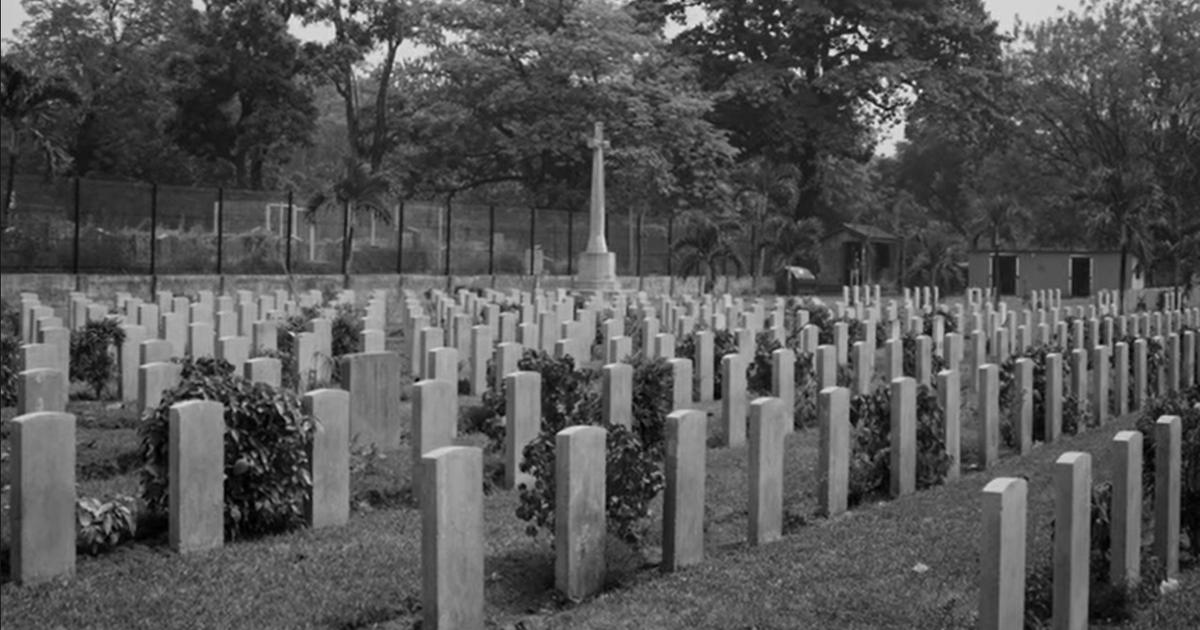It boils down to the usual suspects of doctor, lawyer, engineer, the chief who signs vague expensive contracts like in all those Nollywood films, and maybe the Nigerian politician with unexplained wealth.
No parent ever quite gets around to hoping their kid grows up to become, say, a gravedigger. But someone has to bury the dead, so there’s a whole death industry that ensures people get to their final resting places as seamlessly as possible.
As vital as this industry is to the order of nature, it’s not quite as visible and the experiences from there are only whispered in hushed tones.
A new documentary, titled The Gravediggers, released on Wednesday, March 20, 2024, is an attempt to peel back the layers of the rituals of death in Nigeria.
The documentary is co-directed by Kayode Idowu and Hassan Yahaya who told Pulse Nigeria the duo primarily measured success by their ability to capture that “we are all ordinary people connecting over the shared experience of living.”
“Our intention with this doc is not to be didactic, moralising, or to wring out global implications,” Yahaya explains. “Instead, we aim to (hopefully) magnify and probably amplify the realities of people who fly under society’s radar of what’s ‘important.'”
What does it mean to work in a cemetery?
The Gravediggers stars Omasheye Mayuku, Rasheed Babajide, Tunji Adeyemi and Kayode (not Idowu, the co-director) — four people who work at the Atan Cemetery in Lagos State.
In narrating their experiences, three major things stand out.
1. It’s not a glamorous job
Kayode works as a bricklayer at the cemetery because “there are no good jobs out there,” but telling his family what he did for a living took a while. And even though he accepts the job “can be embarrassing,” he’s found a way to overlook the discomfort and just focus on burying the dead. However, he still doesn’t think it’s a job meant for a young man like him, and his family is relentlessly breathing down his neck to find something else to do.
Outside of his mother and sisters, the rest of Mayuku’s family are in the dark — well, not anymore as the documentary is now public — about his occupation. When his mother asked him what was wrong with him that he would choose to work at a cemetery, he asked her, “Mummy, if no one works at the cemetery, who will bury people?”
2. Six feet isn’t always six feet deep
Adeyemi monitors junior workers whenever there’s a burial. From how he explains it, there’s a proper process for how a deceased is buried at the cemetery — as clear as a workflow in a 9 to 5 office. But what’s striking in that pipeline is Mayuku’s revelation that “digging six feet” is not always about the depth of the grave, in the way regular people think about it, but the length. “The only thing is we’ll dig it for the coffin to enter,” he casually explains.
“Six feet under the ground” suddenly takes new meaning if you’re getting buried at a public cemetery.
3. Fear is relative
Working around dead people naturally comes with some unease, but the way each person deals with it in the death industry can vary.
When Babajide first started working at the cemetery, he used to be very scared but that changed at some point “because it has become normal that we have to bury dead people.” Mayuku deals with the fear by asking the family of the deceased for alcohol for the gravediggers to drink in a bid to become fearless and more confident.
But Kayode is still very scared. “Why won’t I be scared of the dead? A corpse is a spirit. They can vanish into thin air.”
Maybe that’s why no parent wants their child to work in the death industry, but someone has to bury the dead, and these men do.






